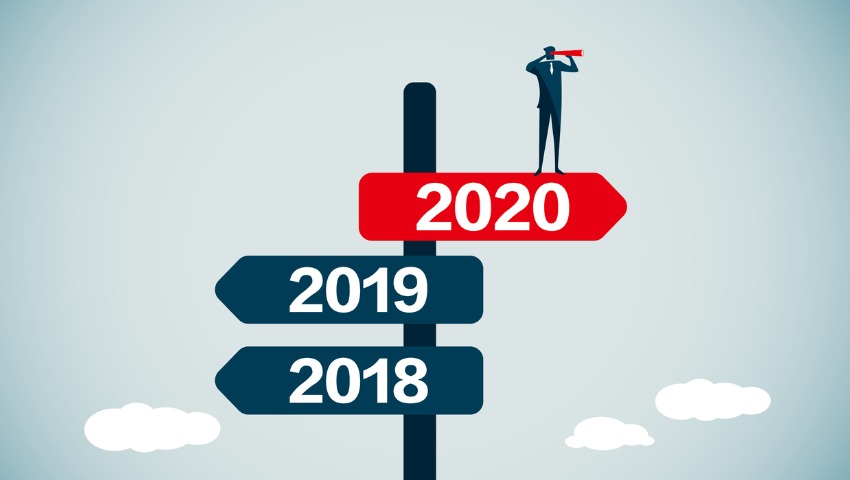“We have a lot of uncertainty out there,” Mike Dominguez, chief executive officer and president of Associated Luxury Hotels International, started off by stating in the first Smart Meetings’ Accelerator “2020 Hospitality Marketplace: Everything You Need to Know.”

Dominguez classified this moment in time as the fourth Industrial Revolution because of the rate of change in business processes and the implications that will have for years to come. “It’s a really important time for us to have dialogue and understand that everything may not seem as it is at face value,” he said.
Dominguez cited the shift in retail buying habits as an example of the split that is happening between luxury and discount products everywhere—including the hospitality industry. Upscale and luxury offerings are growing along with discount brands, while the middle brands are struggling.
“We are now in the longest-running upward cycle in the hospitality industry,” he said. What this cycle has been missing compared to other upward trends was in influx of supply. Although, in the middle of 2019, supply finally started to grow at a faster rate than demand, but it will take years to catch up, he cautioned.
Tourists are Booming
The biggest driver in the growth of hotels has been transient demand, which is growing at a much faster pace than group business and continues to be strong. That pits meeting professionals against individual travelers for scarce rooms. “We’re going to wrestle with that for some time,” he said.
Demand from tourists also explains the growth of limited service hotel supply. It also explains why convention centers have either added and/or renovated their meeting space, since hotels have not been building ballrooms.
Room Nights at a Record High
The result is record high occupancy rates. On a real, per-capita basis, the amount of consumer spending on lodging has grown at 271 percent since 1980, while the U.S. economy as a whole has grown 91 percent. He predicted those numbers will continue to get stronger as barriers to travel are lifted.
Living in the New Normal
Workers 35 years old or younger have never worked in an environment that was either a slowdown or a recession. “It is going to be alarming when it happens,” he warned, “Anybody coming out of school a decade ago thinks this is normal.”
Dominguez closed out by quoting Alvin Toffler, who believed illiteracy in the 21st century has nothing to do with your ability to read or write; it has everything to do with your ability to learn, unlearn and relearn. Dominguez stressed that in an environment of uncertainty, unlearning some of the things we think we know will be essential for planners who want to stay relevant.



